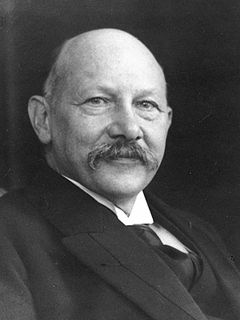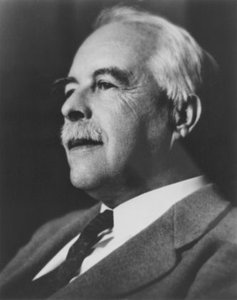A Quote by John William Draper
As a better knowledge of Nature was obtained, the sky was shown to be an illusionBut this did not take place without resistance. At first, the public, and particularly its religious portion, denounced the rising doubts as atheism.
Related Quotes
Naheed Nenshi is a friend of mine. We - he - knows how close I am to all of the cultural, ethnic, and religious communities in Canada, particularly his own Ismaili community. By the way, the vast majority of Canadian Muslims, particularly Ismaili Muslims that I know, strongly support our government's reinforcement of the public nature of the public citizenship oath.
Without a complex knowledge of one's place and without the faithfulness to one's place on which such knowledge depends, it is inevitable that the place will be used carelessly, and eventually destroyed. Without such knowledge and faithfulness, moreover, the culture of a country will be superficial and decorative, functional only insofar as it may be a symbol of prestige, the affectation of an elite or "in" group.
Take my love, take my land Take me where I cannot stand I don't care, I'm still free You can't take the sky from me Take me out to the black Tell them I ain't comin' back Burn the land and boil the sea You can't take the sky from me There's no place I can be Since I found Serenity But you can't take the sky from me.
It may well happen that what is in itself the more certain on account of the weakness of our intelligence, which is dazzled by the clearest objects of nature; as the owl is dazzled by the light of the sun. Hence the fact that some happen to doubt about articles of faith is not due to the uncertain nature of the truths, but to the weakness of human intelligence; yet the slenderest knowledge that may be obtained of the highest things is more desirable than the most certain knowledge obtained of lesser things.
Frightened of change? But what can exist without it? What's closer to nature's heart? Can you take a hot bath and leave the firewood as it was? Eat food without transforming it? Can any vital process take place without something being changed? Can't you see? It's just the same with you - and just as vital to nature.
As a senator, Obama denounced the Big Brother provisions of Bush's post-9/11 Patriot Act, particularly its sections enabling the state to spy on Americans without their knowledge. After taking power, Obama acquired his other face. That face speaks far less, but when it does, it justifies Bush's policies.
Let me tell you that atheism has never painted a masterpiece. Atheism has never dispelled fear. Atheism has never healed a disease; faith in God has, but not atheism. Atheism has never given anyone piece of mind. Atheism has never dried a tear. Atheism has never given an intellectual answer to the creation. Atheism is bankrupt and empty; it's brain dead.
The registering of doubts hath two excellent uses: the one, that it saveth philosophy from errors and falsehoods; when that which is not fully appearing is not collected into assertion, whereby error might draw error, but reserved in doubt: the other, that the entry of doubts are as so many
suckers or sponges to draw use of knowledge; insomuch as that which, if doubts had not preceded, a man should never have advised, but passed it over without note, by the suggestion and solicitation of doubts, is made to be attended and applied.
The experiment left no doubt that, as far as accuracy of measurement went, the resistance disappeared. At the same time, however, something unexpected occurred. The disappearance did not take place gradually but abruptly. From 1/500 the resistance at 4.2K, it could be established that the resistance had become less than a thousand-millionth part of that at normal temperature. Thus the mercury at 4.2K has entered a new state, which, owing to its particular electrical properties, can be called the state of superconductivity.
Why should anyone be afraid of change? What can take place without it? What can be more pleasing or more suitable to universal nature? Can you take your bath without the firewood undergoing a change? Can you eat without the food undergoing a change? And can anything useful be done without change? Don't you see that for you to change is just the same, and is equally necessary for universal nature?






































